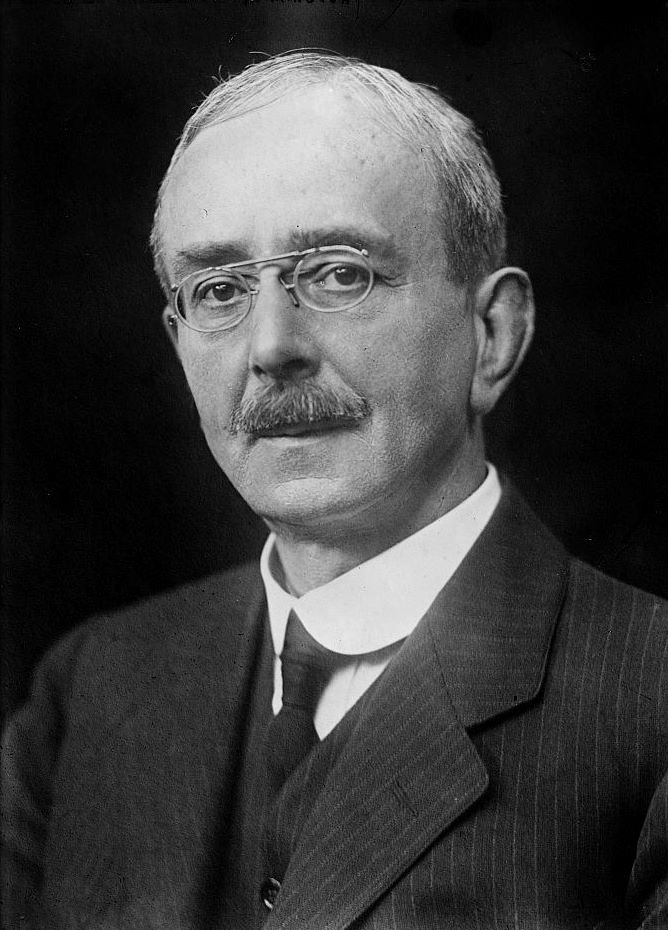“It is difficult to get a hearing from busy men for even a great new truth.”
[408247, October 1927, Listerian Oration: 1927 (delivered at the annual meeting of the Canadian Medical Association, Toronto, June 18, 1927), Canadian Medical Association Journal, 17, 10 Pt 2, 1255–1263, 20316567, https://www.ncbi.nlm.nih.gov/pmc/articles/PMC408247/] quote from p. 1261; This oration sponsored by the Lister Club of the Canadian Medical Association should not be confused with the Lister Oration sponsored by the Royal College of Surgeons of England.
